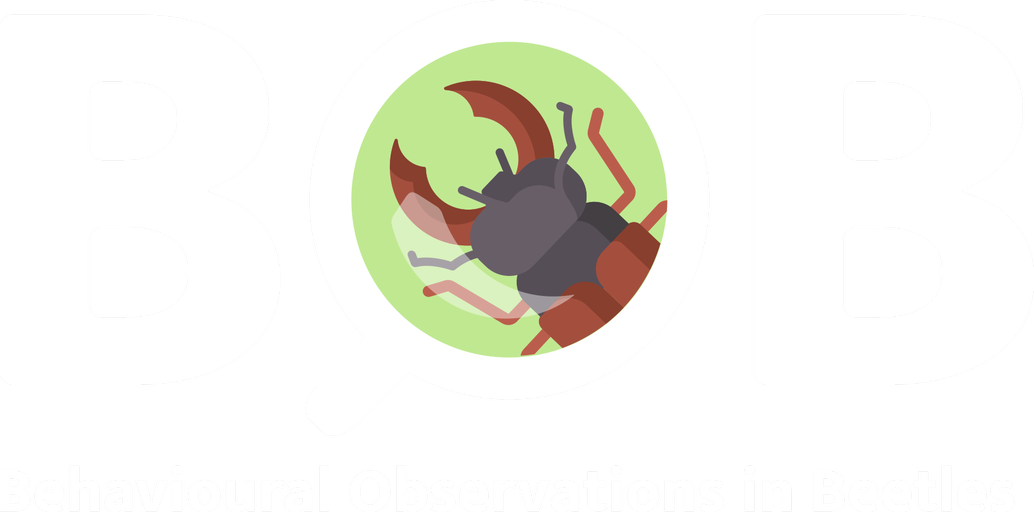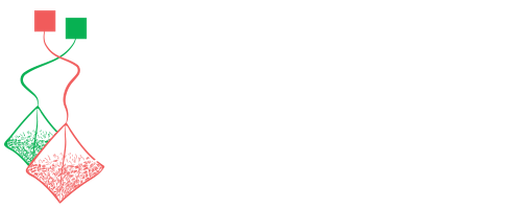Global

CrowdWater is a global Citizen Science project initiated by the University of Zurich, which collects hydrological data. The goal is to develop a cheap and easy data collection method that can be used to predict floods and low flow. The long-term aim of the project is to complement existing gauging station networks, especially in regions with a sparse measurement network, such as in developing countries.
CrowdWater

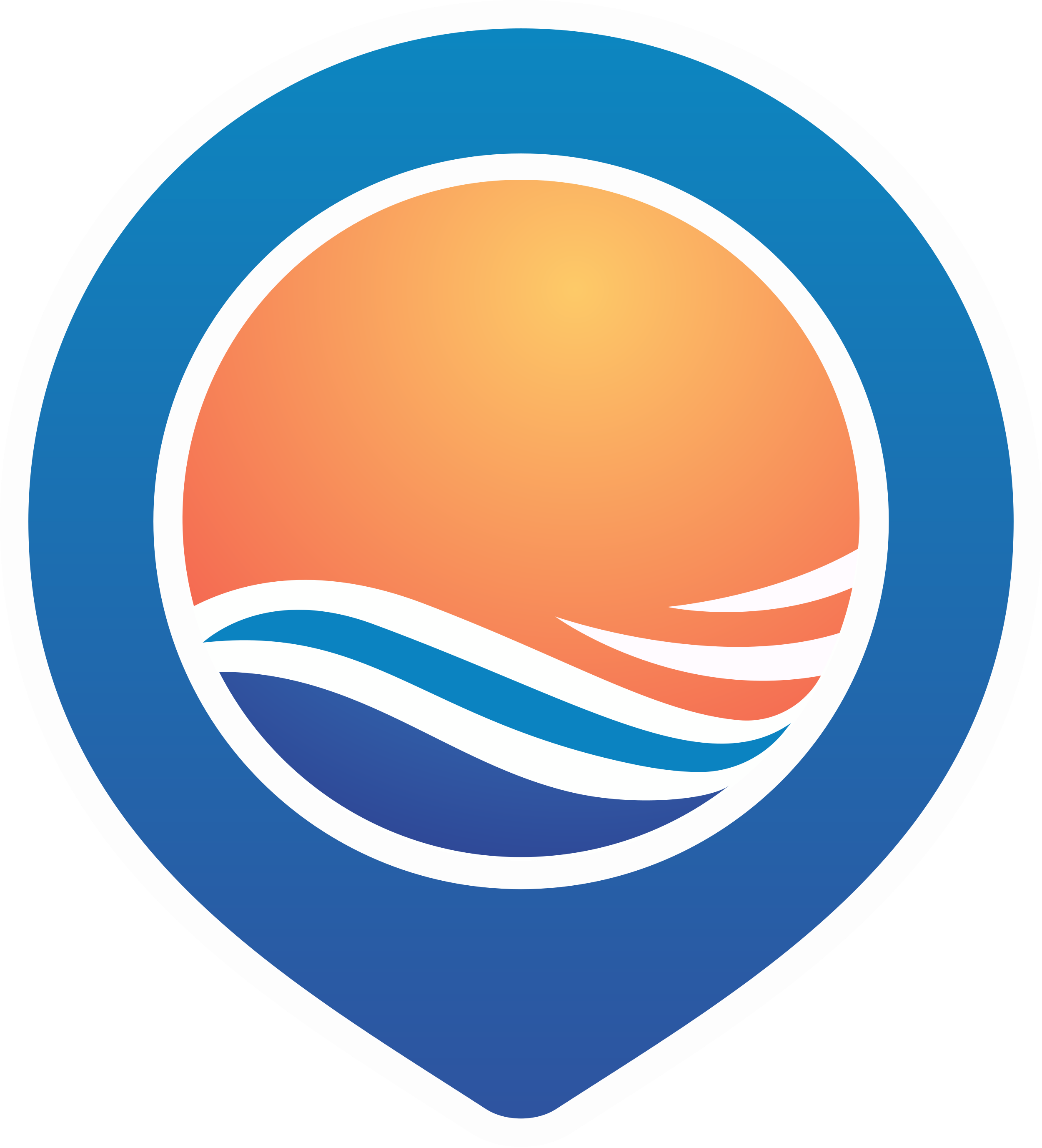
With the COSEA App, Citizen Scientists can observe marine environments, document coastal habitats or species, and report on pollution, infrastructure and the blue economy. Their contributions on the map and activity in the app will help scientists better understand the impacts and drivers of marine factors to protect and foster a healthy relationship between humans and seas.
COSEA | Collaboration for Effective Sea Action

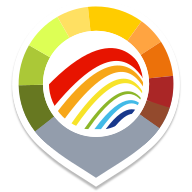
Naturkalender is the Austrian phenology App for interested Citizen Scientists who want to contribute to phenology and climate research by keeping a watch on their surroundings. Through Community Science observations like plants beginning to blossom, having fruits, starting to throw off leaves or when animals are active, they support the Austrian Central Institution for Meteorology and Geodynamics´ data collection.
Nature's Calendar ZAMG


At the Spot-a-Bee Citizen Science project, the researchers of Cardiff University and the University of Glasgow, UK want to find out what plants, trees and shrubs are important for bees in city and town parks and gardens. The project also wants to understand how planting in urban places might affect the production of urban honey. People can help survey bee-friendly plants in towns, cities and villages.
Spot-a-Bee


CoastSnap is a global Citizen Science project to capture changing coastlines. With the Citizen Science App, users can create timelines of coasts and record their development. Observing and uploading photos of the same location into the CoastSnap App helps researchers to understand how coastlines are changing over time.
CoastSnap


The Citizen Science App "CoronaReport" allows social science to understand the current Corona Virus crisis better and collect data about the impact of COVID-19 on our lives and society. The app can be used by Citizen Scientists to create diaries and reports about situations, with which the Citizen Science community can interact and exchange their thoughts and stories. The contributions will help social science and the data will be made available to research partners. CoronaReport is lead by the University of Edinburgh, Scotland, UK.
CoronaReport


In the SpiderSpotter App, Citizen Scientists can share observations of spiders and their webs to help the research about their adaptation to the environment and contribute to biodiversity monitoring. The App features a range of spider species and it has an active community of spider enthusiasts and arachnologists.
SpiderSpotter


Global 2000's "LitterBug" Project is an initiative of the independent Austrian environmental organization GLOBAL 2000 alongside the Austrian Alpine Association "Edelweiss" and Alpine Club Mountain Club. The initiative was created to free nature from trash and to sharpen our awareness for the trash surrounding us in nature. The aim is to support a sustainably clean environment everywhere.
Global2000 LitterBug


Pilzfinder is the Web App of the mycology research society of the University of Vienna. In the browser-based project, participants can contribute mushroom observations from all across Europe and get feedback from the expert of the Austrian Mycology Society. By joining this Citizen Science project, users help with the science behind fungi and learn more about the fascinating world of mushrooms.
Pilzfinder


Coastal areas are in constant evolution, but in times of the imminent climate crisis, the coastline will change dramatically, and extreme weather phenomena are already starting to be part of our daily life. The Coastal Observer Citizen Science project explores these effects and their impact on the environment and our mood. By contributing observations about floods, tides storms and water quality, Citizen Scientists can help the University of Delaware, US, with their research.
Coastal Observer


ArtSpots

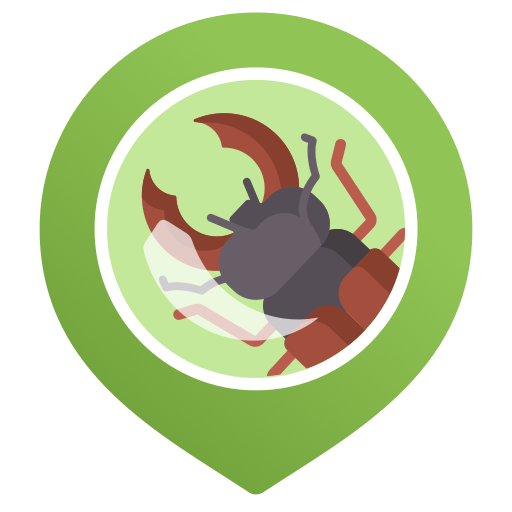
The BOB (acronym for Behavioural Observations in Beetles) App, an initiative by CREA, is dedicated to contributing to the behavioral study of protected insects in Europe. Citizen scientists are invited to observe three particular types of beetles in their surroundings: the stag beetle (Lucanus cervus), the rosalia longicorn (Rosalia alpina) and the funereal longhorn beetle (Morimus asper).
BOB - Behavioural Observations in Beetles

The main objective of the UrbanBetter Cityzens App, initiated by the Africa-led global social enterprise UrbanBetter, is to create a youth-led global movement that connects physical activity with technology and citizen science to promote more climate-resilient and healthier urban public spaces.
UrbanBetter Cityzens

Walkability is an initiative by the Walk21 Foundation, a UK charity, which aims to create safe, accessible, and enjoyable walking places for people globally to promote the health, social, environmental, and economic benefits associated with walking for citizens.
Walkability

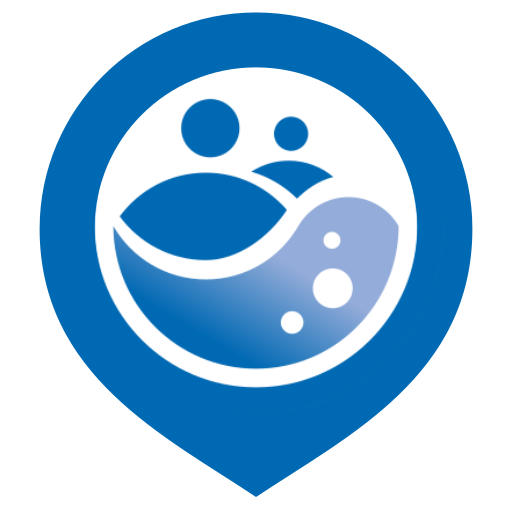
HydroCrowd is a research project of the Justus Liebig University Giessen, which investigates the potential of participatory monitoring to increase the availability of hydro-climatic data for sustainable water management in Ecuador, Honduras and Tanzania.
HydroCrowd

Bicizen is a Citzien Science project where participants may provide observations about cycling, public engagement, and urban mobility through a citizen science platform that aids cities in their transition to a low-carbon mobility future and empowers urban cyclists with helpful trip information.
BiciZen

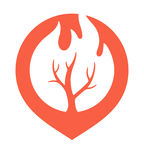
spotFIRE is a Citizen Science project focusing on forest fire and fuel management to reduce forest fire risk, initiated by BOKU University (University of Natural Resources and Life Sciences, Vienna). The project aims to evaluate the suitability of a mobile phone application inspired by citizen science approaches to measure forest fuel data and collect information on forest fire events for fire risk management in mountainous regions.
spotFIRE

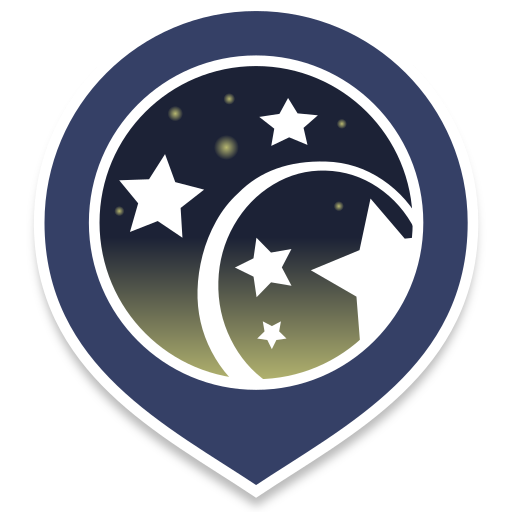
The "Stjärnförsöket" (Star-Spotting) project collects contributions about light pollution in Sweden and in partner countries. By pointing a cardboard tube in all cardinal directions, Citizen Scientists record how many stars they see at their current location. By these values, light pollution can be calculated directly in the Citizen Science app. The project is part of the "Forskar Fredag 2019" initiative, funded by the EU Horizon 2020 program.
Stjärnförsöket


In the Tea Bag Index Citizen Science App, everything is about soil. Various observation categories are ready to participate in, from easy soil classification and testing to the well-known method of burying and weighting teabags to measure the decay rate of plants. Citizen Scientists are welcome to participate worldwide and contribute to improving climate models and soil research.
Tea Bag Index

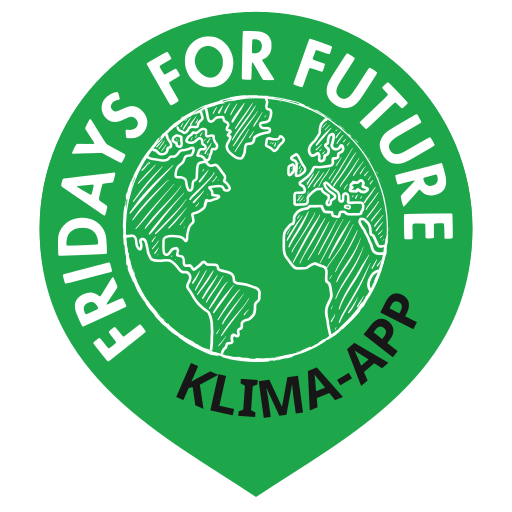
Fridays for Future see itself as a horizontal, grassroots grassroots movement that acts apolitically and refers to science for the facts. To engage the global population more, this app was developed using SPOTTERON. The aim is to find out how the population perceives the climate crisis and which positive and negative emotions are associated with specific topics related to biodiversity and climate crisis.
FRIDAYS FOR FUTURE - Climate App



